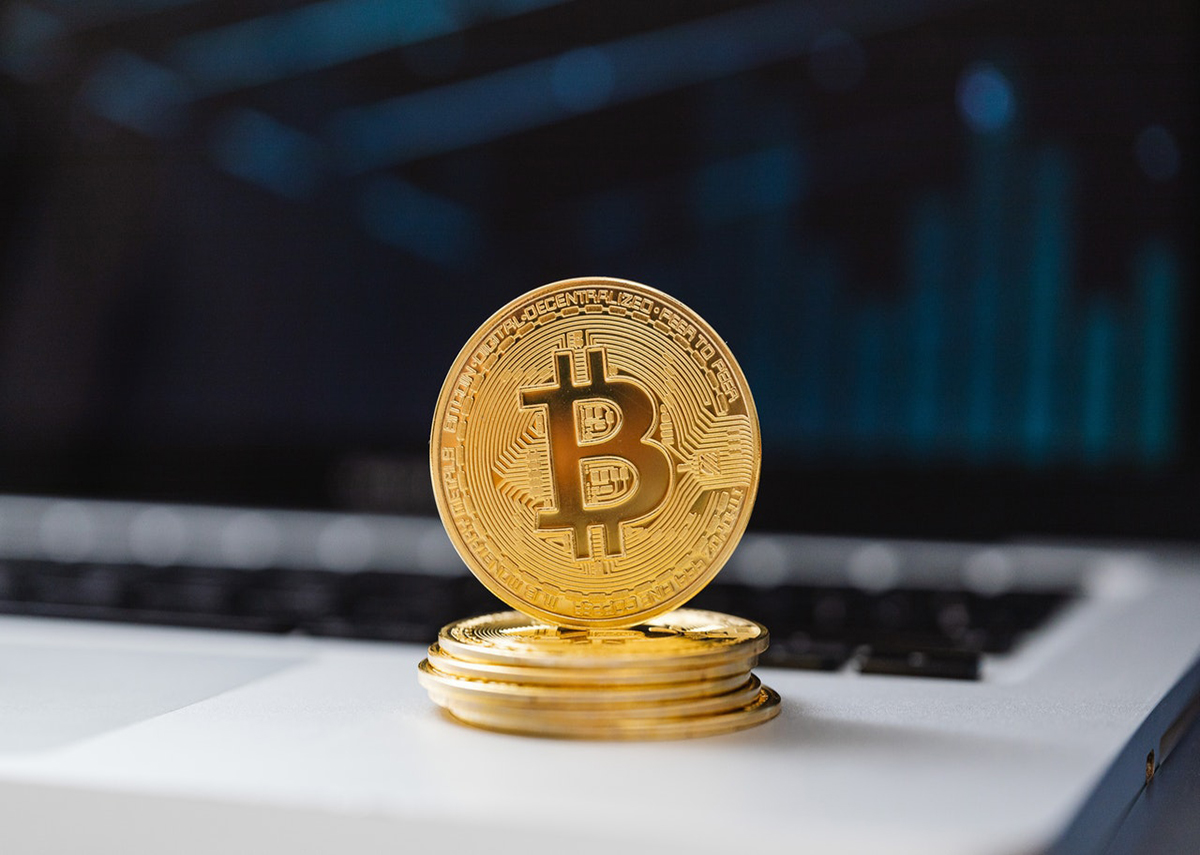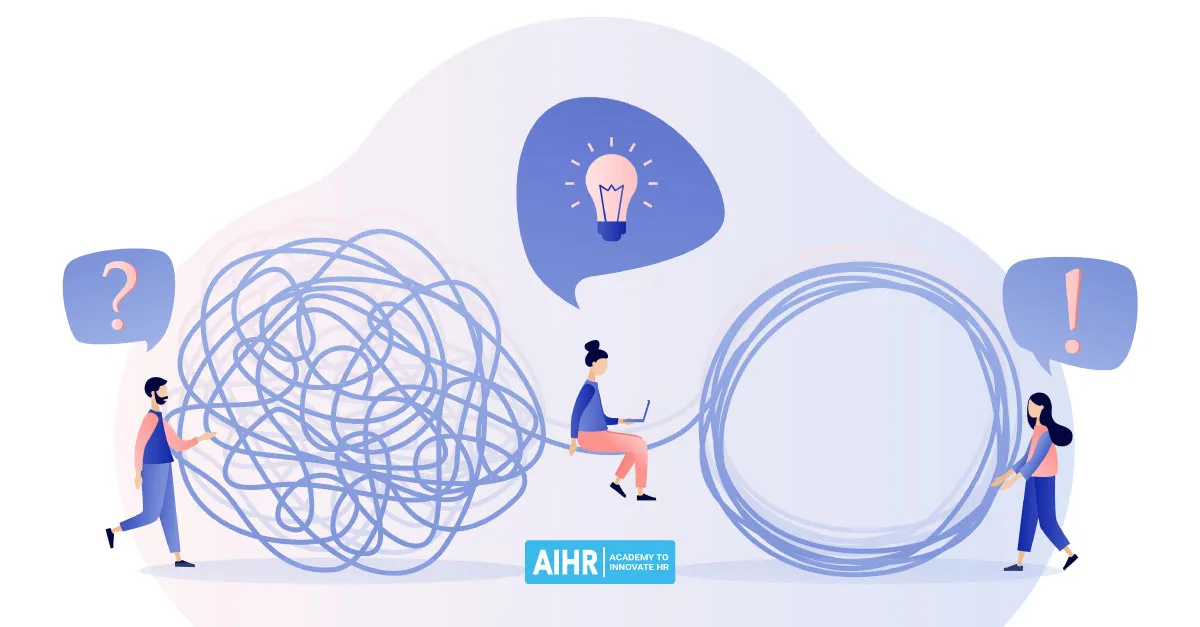The ancient Greeks believed in a pantheon of gods and goddesses who ruled over their lives and their environment. These gods and goddesses were believed to have human characteristics and emotions, from love and jealousy to anger and revenge. The twelve main gods and goddesses, known as the Olympians, were the most important and powerful. You can 22 Bet on this.
Table of Contents
A Dive into History
Zeus was the king of the gods and the god of the sky and thunder. He was the father and ruler of the other gods and goddesses. He was usually depicted as a powerful man with a beard and a lightning bolt in his hand. His wife, Hera, was the goddess of marriage and family and was known for her jealous and vengeful nature.
Apollo was the god of music, poetry, the sun, and medicine. He was often portrayed as a handsome, young man with a lyre or a bow and arrow. His twin sister, Artemis, was the goddess of hunting, wilderness, and the moon. She was usually depicted as a beautiful woman with a bow and arrow.
Aphrodite was the goddess of love and beauty. She was often portrayed as a beautiful woman with roses and a shell. Ares was the god of war and violence and was usually depicted as a strong man with a spear.
Athena was the goddess of wisdom and strategy. She was usually depicted as a woman with a helmet and a spear. Demeter was the goddess of harvest and fertility and was often portrayed as a woman with a cornucopia.
The other gods and goddesses of the Greek pantheon included Hades, the god of the underworld; Poseidon, the god of the sea; and Hermes, the messenger god. Each had their own unique characteristics and powers, and all played an important role in the lives of the ancient Greeks.
Greeks Today
The gods and goddesses of ancient Greece remain important to the Greek people today. Despite the passage of time, these powerful figures remain deeply embedded in the Greek cultural identity, and are still seen as part of the Greek national character and history.
The Greek gods and goddesses provided the ancient Greeks with a way of understanding and explaining the world around them. From the gods of the sky and sea, to the gods of the home and hearth, the gods and goddesses of Greek mythology were seen as the keepers of order and morality, and were often called upon to provide guidance or protection in times of need.
In the modern day, the gods and goddesses of ancient Greece are still seen as symbols of strength and resilience. They are often invoked in times of difficulty, offering comfort and reassurance. For example, when Greeks face personal or political challenges, many turn to the gods for support. Similarly, when people are celebrating a joyous occasion, it is common to offer a toast to the gods and goddesses of ancient Greece.
The gods and goddesses of ancient Greece are also seen as a source of inspiration, with many people looking to them for guidance on how to live a meaningful and ethical life. Despite the fact that these figures existed thousands of years ago, the stories and lessons of the gods and goddesses of ancient Greece remain relevant in today’s world.
Finally, the gods and goddesses of ancient Greece are deeply embedded in the Greek language and culture. Names of gods and goddesses are common in Greece, and many of the stories of ancient Greek mythology are still told and retold today. As symbols of strength, resilience and guidance, the gods and goddesses of ancient Greece remain an important part of the Greek cultural identity.


